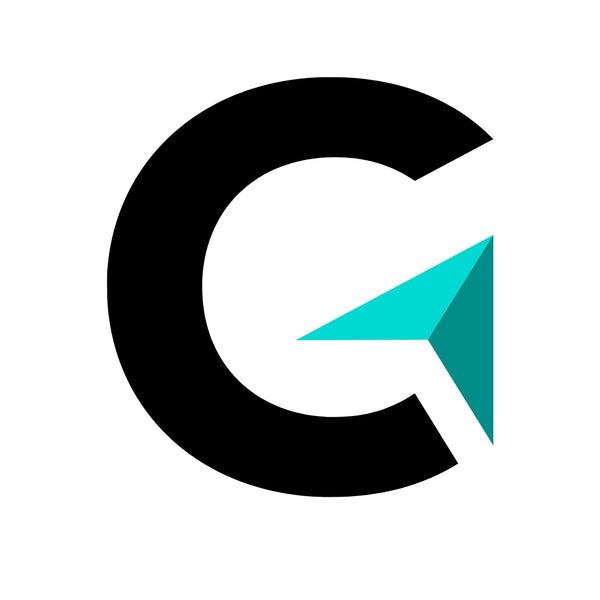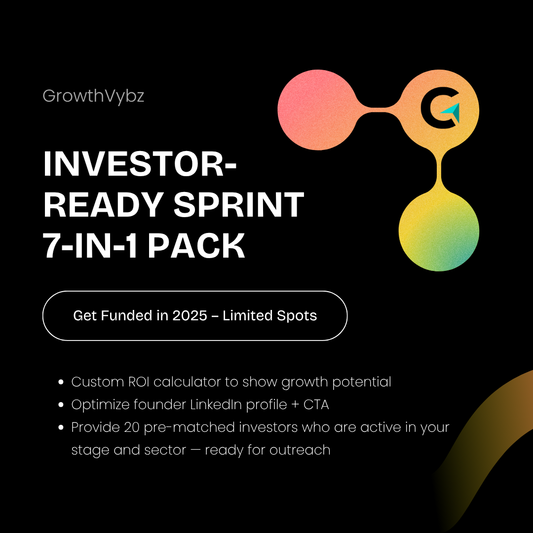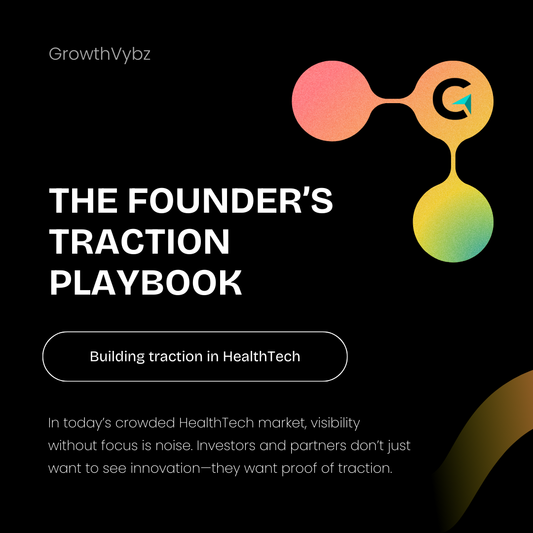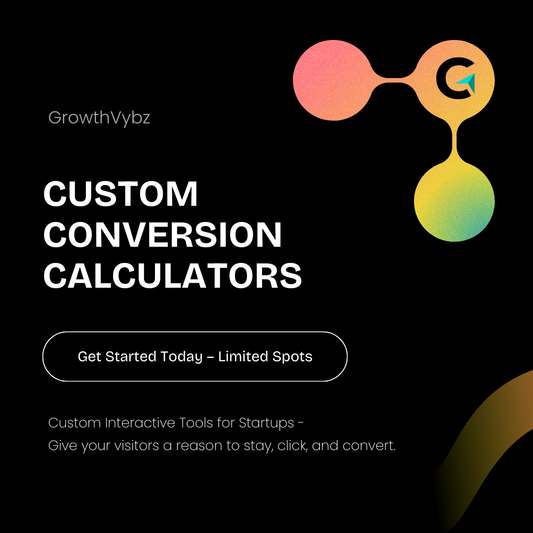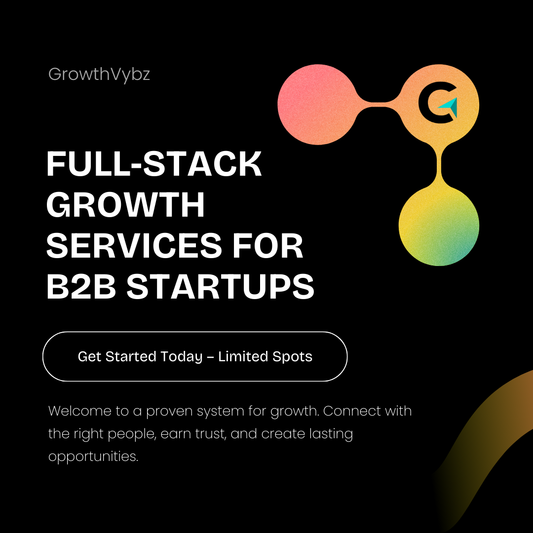Introduction: Why “Another Health App” Isn’t Enough
2025 is flooded with digital health apps—there are now over 350,000 mobile health apps globally, yet only 2% achieve meaningful clinical usage or revenue scale.
The reason? Most startups build apps. Few build systems.
At GrowthVybz, we’ve studied 500+ healthtech startups across Asia-Pacific, Europe, and North America. The startups gaining traction aren’t just “nice interfaces”—they’re architected across 5 layers of scalable digital health.
🔧 The Framework: 5 Layers of Scalable Digital Health
📊 Digital Health ROI Estimator
Estimate potential savings or impact from digital health deployment.
📩 Want a detailed ROI & GTM breakdown?
Book a free strategy call →
UI → API → Compliance → Outcomes → Partnerships
Each layer multiplies traction, drives retention, and unlocks revenue.
1. UI = First Impressions That Drive Use
A sleek app may not save lives, but it’s where trust begins. Especially in healthcare, the app must:
-
Work in low-bandwidth environments
-
Be culturally localized (e.g., language, religious sensitivities)
-
Handle offline caching, intuitive navigation, and elder-friendly UX
🌏 Ecosystem Examples:
-
Tend Health (New Zealand) – Responsive UI tailored for both browser and mobile with seamless handoff between virtual and in-person GP care.
-
Alodokter (Indonesia) – Localized design with Islamic-compliant services, visual-based symptom input, and chat-first UX.
-
Nona Woman (Indonesia) – Feminine health app designed with modern UX + multilingual support.
2. API = Infrastructure That Scales Systems, Not Just Users
Apps that scale don’t live in silos—they plug into hospitals, insurers, pharmacies, and devices.
Key traits:
-
Interoperability with EMRs (e.g., Epic, Medtech, Zi.Care)
-
FHIR, HL7, SMART on FHIR-ready APIs
-
Scalable architecture with backend orchestration and SDKs for partners
🌐 Ecosystem Examples:
-
Carepatron (NZ) – Practice management app with open APIs, powering 100K+ clinicians and clinics globally.
-
Orion Health (Global/NZ) – Population health platform with deep integration into national health records.
-
The Clinician (ZEDOC) – Patient-reported outcomes platform with PROMs API and smart pathways.
-
Volpara Health (NZ/US) – Imaging AI platform used in 900+ facilities, integrates directly into radiology PACS.
3. Compliance = Built-In Trust That Reduces Friction
HIPAA, GDPR, PDPA, CE, FDA, MOH… Every region adds complexity. Winning startups bake compliance into the product layer, not just paperwork.
Must-haves:
-
Region-specific compliance from Day 1
-
Secure messaging (E2E encryption, data localization)
-
Real-time audit trails and multi-tenant permissions
🔐 Ecosystem Examples:
-
Halodoc (Indonesia) – Partnered with Ministry of Health and licensed nationwide.
-
Celo Health (NZ) – HIPAA-grade secure messaging used in hospitals.
-
Toku Eyes (NZ/UK) – CE-marked, UKCA-approved cardiovascular diagnostics via retinal imaging.
-
Formus Labs – FDA-cleared pre-op planning system for orthopedic surgery.
4. Outcomes = Delivering Measurable Value, Not Just Engagement
Clinicians and hospitals don’t care about app installs—they care about outcomes:
-
Faster recovery
-
Fewer errors
-
Better adherence
-
Cost savings (time, drug, re-admissions)
Startups that measure and publish these win grants, pilots, and enterprise customers.
📈 Ecosystem Examples:
-
Adherium (Hailie) (NZ) – Smart inhalers showing increased adherence in asthma/COPD patients.
-
Alimetry (NZ) – Gastric wearable improving diagnosis of motility disorders.
-
HeartLab – AI-assisted echo interpretation platform reducing diagnosis time.
-
Pacific Edge (Cxbladder) – Genomic urine tests reducing unnecessary cystoscopies.
5. Partnerships = The Multiplier Layer
The final—and most underestimated—layer.
You may build the product, but your distribution partners build the business:
-
Insurers (AXA, BPJS, Bupa)
-
Telcos (Telkomsel, Spark Health, Vodafone)
-
Device manufacturers (GE, Philips, Medtronic)
-
Delivery platforms (Grab, Shopee, ZOOM Pharmacy)
🤝 Ecosystem Examples:
-
Halodoc x GrabHealth – Tapping into existing ride and delivery infrastructure
-
Well Revolution x Zoom Pharmacy – Online consultation + dose-packed pharmacy in one flow
-
HealthNow – Employer-funded healthcare benefits via health wallets
-
Whānau Tahi – MOH-funded whānau-centred coordination across Māori health and social orgs
📊 Why This Matters
Apps alone can be copied.
Systems scale.
If you want:
-
Hospital pilots that convert
-
MOH-aligned deployments
-
Real payer or partner interest
-
Long-term defensibility
Then your product must live across all 5 layers—not just the screen.
📩 Want to Map Your Digital Health System for Scale?
At GrowthVybz, we help health startups:
✅ Build investor-ready product frameworks
✅ Design scalable GTM strategies
✅ Generate leads with ecosystem credibility
✅ Partner with providers, payers & accelerators
DM or visit: growthvybz.com
